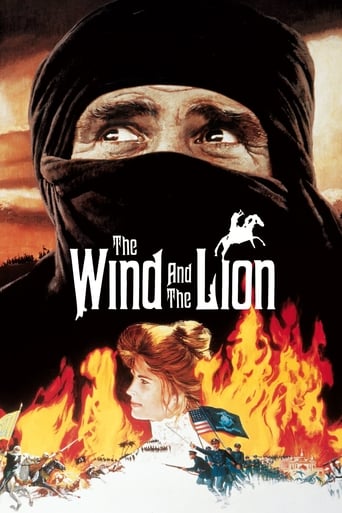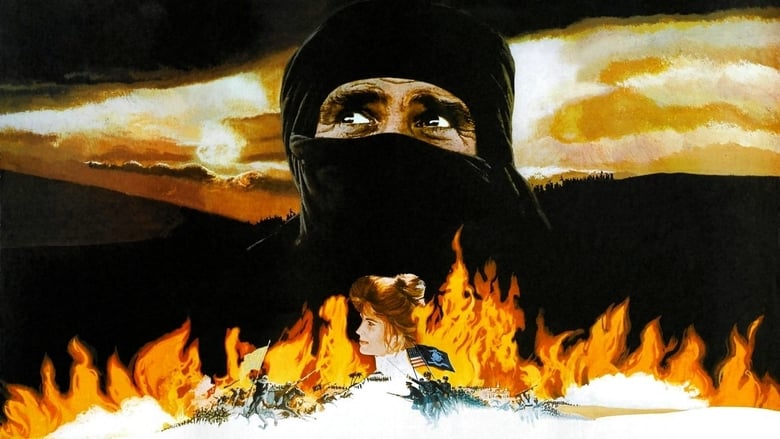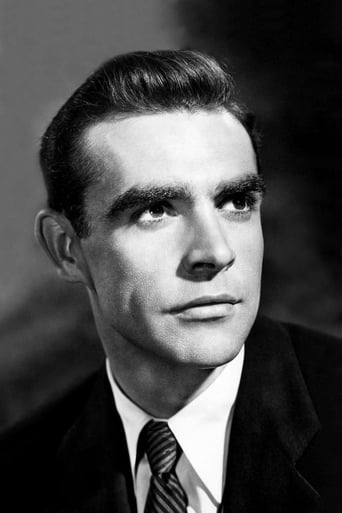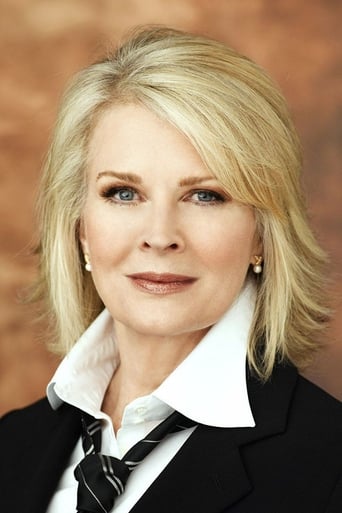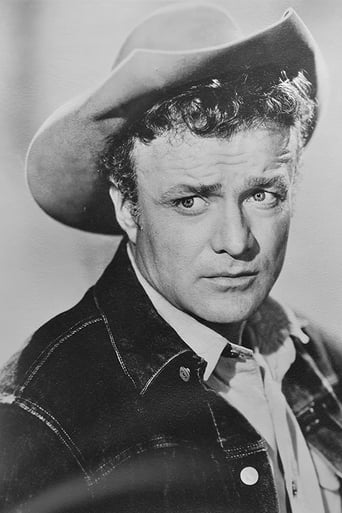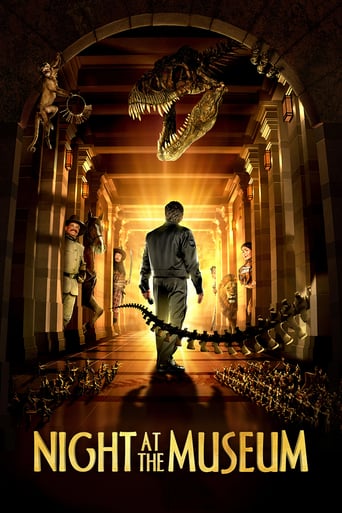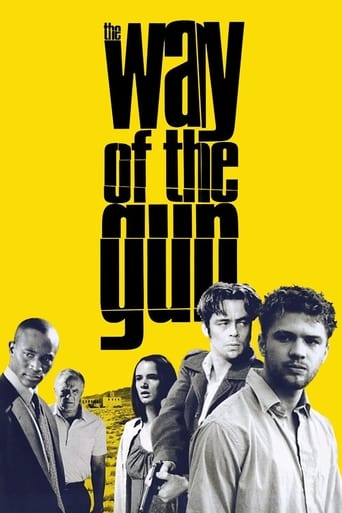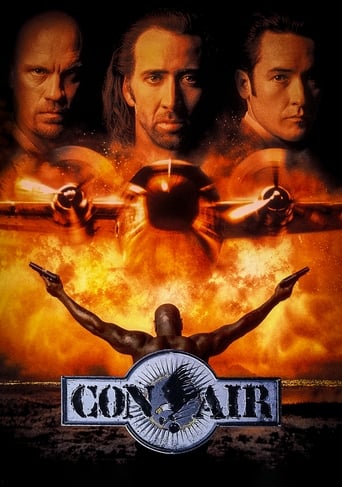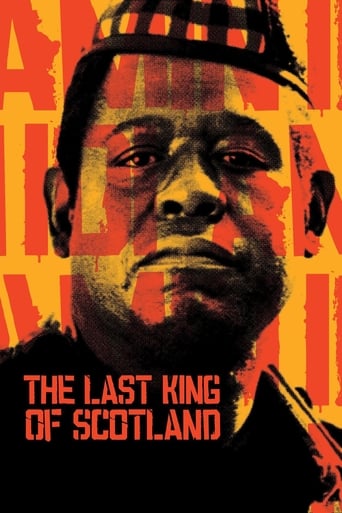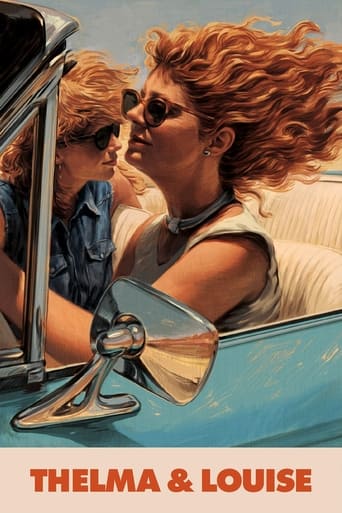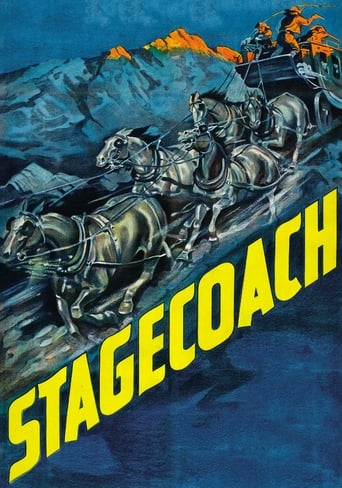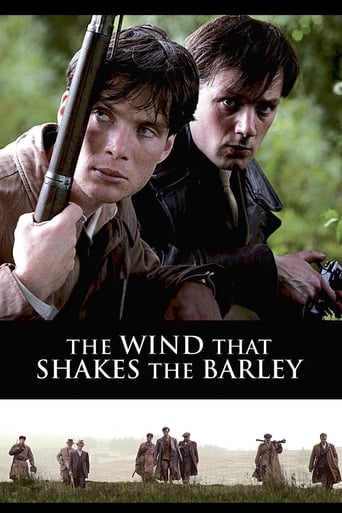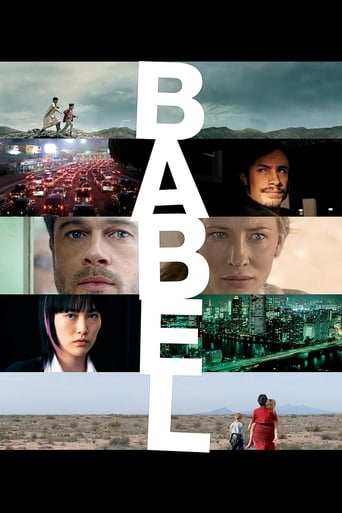The Wind and the Lion (1975)
At the beginning of the 20th century an American woman is abducted in Morocco by Berbers, and the attempts to free her range from diplomatic pressure to military intervention.
Watch Trailer
Cast


Similar titles
Reviews
This is one of the few movies I've ever seen where the whole audience broke into spontaneous, loud applause a third of the way in.
There's no way I can possibly love it entirely but I just think its ridiculously bad, but enjoyable at the same time.
By the time the dramatic fireworks start popping off, each one feels earned.
The movie turns out to be a little better than the average. Starting from a romantic formula often seen in the cinema, it ends in the most predictable (and somewhat bland) way.
dramatic, amusing, useful lesson about the moral values , meets, love, sacrifice and history. a remarkable performance of Sean Connery. and the clash between two different worlds. the atmosphere, the dry humor, a Theodor Rooselvelt who has the chance to have inspired portrait and the crumbs of dreams from Arabian Nights. that could be all. if you ignore its profound message about humanity and about the meaning of life. because, in a strange manner, it is only a poem. not only for atmosphere or for images. but for the wise way to reflect things, gestures and feelings. a great film is the easy definition. but, in special manner, it is more. and to define it becomes a delicate mission.
In 1904 Theodore Roosevelt was at a cross-road. The nation's youngest President, he had served over three years of the term of his predecessor, the assassinated William McKinley. McKinley had been a fine Chief Executive, but a fatherly old fashioned type. T.R was not like that - he kept breaking rules, and in doing so became the most controversial President since Andrew Johnson. T.R. had been fighting most notably in foreign affairs (against Germany's threats to Venezuela in 1902; in the creation of the new state of Panama from Columbia in 1903 to build his Canal), and in financial fields (against mine owners in the coal strike of 1902). He was also trying to start national conservation. The public was fascinated, but the leaders of the Republican Party were not. "Accidental Presidents" rarely got nominations on their own (Fillmore was the only one who did - as a Know Nothing in 1856). There was no reason that T.R. would be more successful getting nominated.The nomination was something to be really sought after. The Republicans had been doing a pretty good job running the government since 1897. The Democrats were in disarray (Bryan had lost two previous elections, and was not sought as a candidate this time, and William Randolph Hearst, the powerful newspaper owner and Congressman,had a large number of supporters but was too controversial). The conservative and moderate Republicans hoped that the convention would nominate Senator Mark Hanna for the Presidency. but he died suddenly in February 1904. Then all hell broke loose. A Greek-American merchant named Ion Perdicaris was kidnapped in Morocco by the notorious brigand and rebel leaded Raisuli. Raisuli was doing this to ransom the gentleman, but T.R. used the incident to look forceful and Presidential. Demanding action at the point of military intervention, he said. "I want Perdicaris alive, or Raisuli dead!" Events played out so that Roosevelt was able to get his portly merchant away from Raisuli (who got his ransom). But the statement of forcefulness so captured the nation's imagination that Roosevelt got the 1904 Presidential nomination. As the Democrats decided to avoid Bryan or Hearst (both of whom are far more interesting people) for the then head of the New York State Court of Appeals, Justice Alton Brooks Parker, the Republicans had such a landslide election that they carried three of the solid southern states as well!John Milius took this curious episode of American foreign policy and Presidential politics and built up this well made and well acted film. Milius changes a number of things - he makes Ion Perdicaris a woman, played by Candice Bergen, who is kidnapped with her son and daughter by Raisuli (Sean Connery). He also creates a non-existent U.S. invasion of Morocco by our Navy and Marines. But actually these changes don't weaken the film. Perdicaris is shown gradually understanding that Raisuli is more of a leader (and a good one) for the Moroccans than the corrupt Sultan and his Bashaw (actually the relatives of Raisuli) running the show. She gradually mirrors a similar realization by Roosevelt (Brian Keith) that no matter what our arms accomplish abroad we have to respect that we cannot run all these countries as well as their own people. In actuality T.R. would not have been as willing to admit that third world countries could rule themselves (Columbia was unable to rule itself and sell the Canal route to the U.S., so we had to push matters.). However he was capable of sensing changes in nations. If he had not been he would have not won the Nobel Peace Prize for settling the Russo-Japanese War in 1905. The best portions of the film are those showing the way the Sultan and his uncle run the country. Those scenes at the Sultan's palace where he watches a game of polo played on bicycles, or where he uses a machine gun set up as a toy, happen to be true (he also had a railroad track and train set up for his amusement - it was supposed to be for the public). The Sultan was a spend-thrift, and rapidly letting the country go to the dogs as long as he was amused. This would bear bad results in a couple of years. So did the rivalries we see between France and Germany (both with financial holdings in Morocco). Raisuli, as played by Connery, is a fierce believer in Islam's inevitable re-emergence as the world's power. He even uses a trip to a well to illustrate that the modern powers drip away or waste power like the well bucket drips water, and the Islamic peoples await those drips and collect them. Thus they eventually get the power back. But this misses that in the past Islam was in control from roughly 750 A.D. through 1571 A.D., and it too dripped away the power - which went to Europe. In fact it happens to all centers of power, Western, Islamic, and Asian (Chinese/Japanese/Indian). No center of power has been permanent.In the end, in 1906, Franco-German rivalries hit the roof and a conference of the great powers (including the U.S.) was held at Algeciras. They ruled that France was in the right, so ending the First Moroccan Crise. A second one ended in 1912 a bit more in favor of Germany due to an accommodating France. And two years later came World War I.John Huston plays John Hay the Secretary of State. His personal distaste of his new chief is obvious. Probably it was due to Hay's memories of service under the only other great Republican President up to that time - Lincoln. Huston knew that one could get the same results quietly without T.R.'s fireworks. Still he worked well with Roosevelt.
I did like this movie and I think that Sean Connery is a fantastic actor. I also am a great fan of historical/period films full of adventure and romance and intrigue. I just noticed that people in their reviews seemed to be mixing up one fact. It is not something that would be known to many people outside of North Africa. I just wanted to point out that the Berber people of Morocco/Algeria etc. are the native people of North Morocco and that the Arab people came later to live there. They are not the same. Berbers are not Arab and although they live together peacefully the Berber people are a very traditional and gentle people.
When did Theodore Roosevelt invade Morocco? NEVERNever - really. During Theodore Roosevelt's administration as President, the US did not invade Morocco. That only happened in a movie called the "Wind and the Lion" which is a work of fantasy, not fact.Here's what really happened. . .In May,1904, about two months before the Republican convention, a man named Ion Perdicaris, an American living in Tangiers, and an Englishman , Cromwell Varley, were kidnapped in Morocco. The kidnapper, a known bandit named Mulay Hamid El Raisuli (Lord of the Riff, Sultan to the Berbers), was demanding ransom and President Roosevelt expected the Moroccan government to intervene.When the government response was found lacking, Roosevelt ordered a military presence to the area, sending his beloved Navy off the coast of Tangier to make a statement. The potential threat of an American landing worked and the Moroccan Sultan used his influence/power with the kidnapper to force a release of Perdicaris and Varley. The marines never landed ashore and never fired a shot.No shots were fired, no invasion took place. But the general story made for a colorful tale in the movie which changed kidnapper's victims to an American woman and children and had the military invading Morocco. According to biographer Edmund Morris*, "The part of the kidnapped Perdicaris, in real life a bald, fat, sixtyish gentleman is given to Candice Bergen, who may be prematurely wizened, but is neither bald nor fat, and is by no means a gentleman." Varley becomes a pair of children and the abductor Raisuli was portrayed by the dashing Sean Connery.Because of this fictitious movie tale many people think TR invaded. But his administration never invaded anywhere. "Speak softly and carry a big stick" worked.With the "big stick" of the Navy looking on, the "soft" but boldly spoken message reached Morocco. The matter was settled diplomatically and the hostages were released. Not one drop of blood was shed.TR did use the incident to stir up the Republican convention, sending an ultimatum to Morocco by having the message, "We want either Perdicaris alive or Raisuli dead", read during a dull period. The effect was dramatic and brought renewed vigor to the convention delegates. TR actually knew Perdicaris had already been released, but the news, which traveled more slowly then, had not yet reached Americans.According to the Theodore Roosevelt Association's Executive Director, Dr. John Gable, "Shortly after the kidnapping incident, and in light of the unsettled conditions in Morocco, Theodore Roosevelt skillfully and successfully mediated the Algeciras Conference of 1905, which both preserved Moroccan independence and the European balance of power, thus for a time saving the peace in North Africa and Europe.Ironically it eventually came out that Perdicaris was no longer an American citizen when he was kidnapped, but this fact was unknown when the whole affair began.

